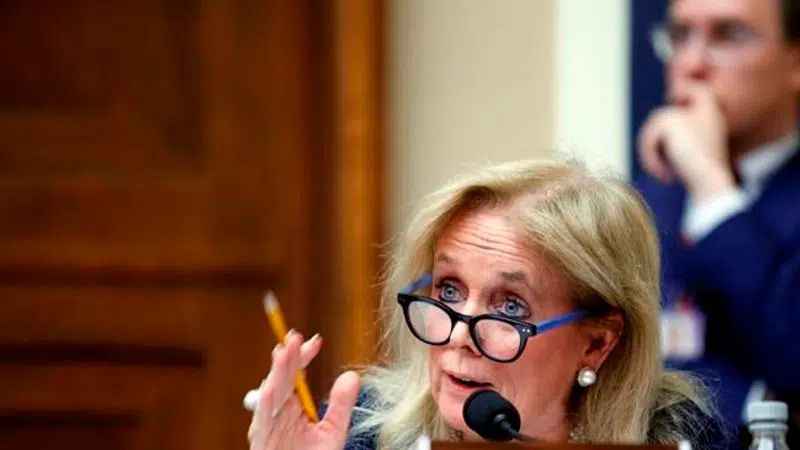
Sanders’ ‘Medicare for All’ expands long-term care benefits
WASHINGTON — Sen. Bernie Sanders is raising the stakes of the “Medicare for All” debate by expanding his proposal to include long-term care, a move that is forcing other Democratic presidential candidates to take a stand on addressing one of the biggest gaps in the U.S. health care system.
Medicare for All is unlikely to advance in the GOP-controlled Senate, but it’s a defining issue in the early days of the Democratic primary and candidates have pointed to their support of Sanders’ legislation as proof of their progressive bona fides.
Some moderate Democrats have criticized the cost of such an expansive proposal and by adding the long-term care provision, Sanders could further expose that divide.



